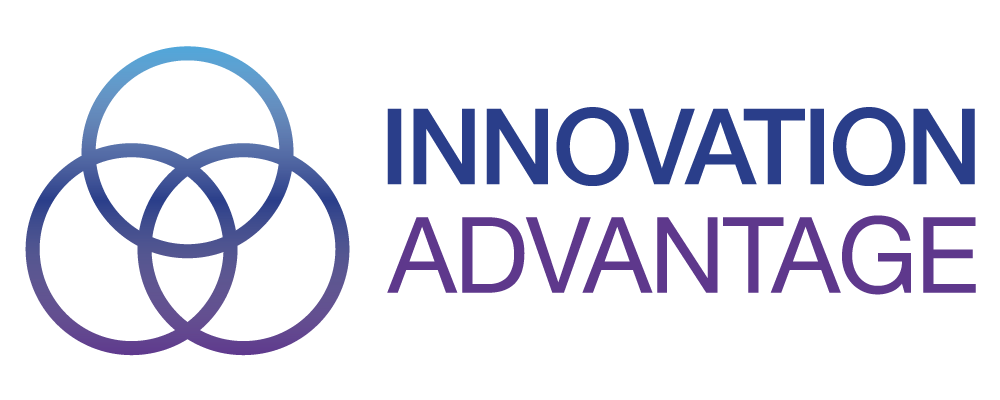Improving Nurse Well-being Through Innovation: Insights and Best Practices
Introduction
In the fast-paced and demanding world of healthcare, nurses stand as the backbone of patient care. However, nurses often neglect their well-being despite the noble pursuit of healing others. Long hours, emotionally taxing work, and high-pressure environments can take a toll on their mental and physical health. Recognizing this, healthcare institutions increasingly use innovation to support and enhance nurse well-being. In this blog post, we explore some insights and best practices aimed at improving nurse well-being through innovative approaches.
Technology Integration
Innovation in healthcare technology plays a significant role in alleviating the burden on nurses. Electronic Health Records (EHRs) could streamline documentation processes and reduce paperwork and administrative tasks. However, documentation demands have grown since the mass adoption of EHRs, and adopting technology to assist, such as speech recognition technology to simplify documentation demands through speech-text, would be a start. There is a growing trend towards implementing specialized nurse-centric applications. These apps can assist with scheduling and communication, providing wellness “check-ins” and mental health support resources.
Flexible Scheduling Solutions
Nursing schedules often involve long shifts and irregular hours, contributing to burnout and fatigue. Healthcare institutions are adopting a software platform-type approach and more flexible scheduling solutions to combat this. This could include self-scheduling tools that allow nurses to choose shifts based on their preferences and commitments. Additionally, the implementation of predictive analytics helps forecast patient census by unit, day of the week, and even time of day, enabling better allocation of staffing resources and minimizing overtime- and allowing for better planning for individual nurses instead of being scheduled for work and later canceled.
Mental Health Support Programs
The nature of nursing work exposes individuals to high levels of stress, compassion fatigue, and even trauma. Recognizing this, many healthcare organizations are investing in mental health support programs tailored specifically for nurses. This may include access to onsite or offsite counseling services, peer support groups, mindfulness training, and resilience-building workshops. Creating a culture where seeking mental health support is normalized and encouraged is essential for fostering well-being among nursing staff.
Education and Training Initiatives
Continuous learning and skill development are vital for professional growth and nurturing nurses’ well-being. Innovative education and training initiatives can provide nurses with the knowledge and tools to effectively cope with their challenges. This could involve workshops evaluating technology solutions to offload workload, conflict resolution skills, and overall well-being practices.
Employee Recognition Programs
Feeling valued and appreciated is crucial for employee morale and well-being. Healthcare organizations are implementing innovative employee recognition programs to acknowledge their nursing staff’s hard work and dedication. These programs may include peer-to-peer recognition platforms, performance-based rewards, and career advancement and professional development opportunities. Celebrating big and small achievements demonstrates respect, fosters a positive work environment, and strengthens employee engagement.
Conclusion
Improving nurses’ well-being is not only a moral imperative but also essential for ensuring high-quality patient care. By embracing innovation and implementing tailored solutions, healthcare institutions can support their nursing staff in overcoming daily challenges. From technology integration to mental health support programs and flexible scheduling solutions, there are numerous avenues through which nurse well-being can be enhanced. By prioritizing the well-being of nurses, we empower them to thrive personally and professionally and contribute to the overall resilience and sustainability of our healthcare systems.

